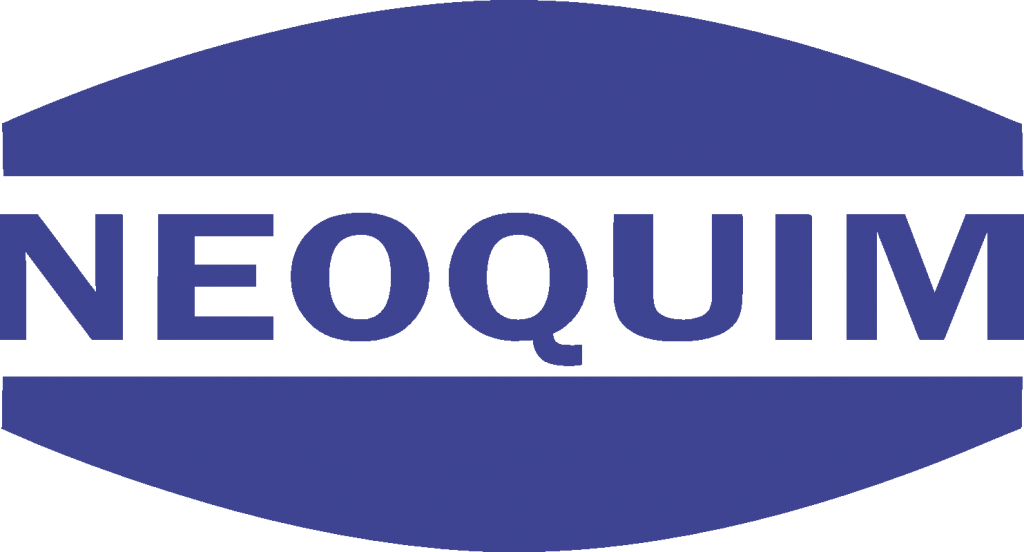And in order to improve these mental health issues, helpful coping mechanisms can be learned and practiced. Sustainable recovery is possible and the best version of youself awaits at our Norcross addiction recovery center. We’ll help you learn that the opposite of addiction is connection. We’ll give you skills to discover your self-worth and show you the tools for a life of hope and promise. By releasing the hold of past grievances and resentments, individuals can reclaim their agency, moving towards a more empowered state of being.
The benefits of adventure therapy in building resilience
Anyone struggling with substance use disorder, particularly those who feel unsure or resistant to treatment, can benefit from MI. It is also effective for individuals with co-occurring mental health disorders. One of the most common barriers to seeking treatment is ambivalence—when a person experiences conflicting feelings about quitting drugs or alcohol. On one hand, they may see the harm caused by substance use, but on the other hand, they may feel that change is too difficult or not necessary right now. Motivational Interviewing (MI) is a goal-oriented, evidence-based therapy designed to help individuals explore and resolve ambivalence about behavioral change.
Although addiction tends to cut people off from longtime friends, social support is a significant predictor of recovery. They may know something about the person’s deepest aspirations and voice them as a reminder that can help the person remain on the road to recovery. And they can help plan healthy joint activities to ensure that there are good days.
In fact, there is growing support for what is called harm reduction, which values any moves toward reducing the destructive consequences of substance abuse. Researchers find that taking incremental steps to change behavior often motivates people to eventually choose abstinence. Nevertheless, many treatment programs, including Alcoholics Anonymous, require a commitment to complete abstinence as a condition of admission. Recovery from addiction is not only possible, it is the rule, rather than the exception.
Understanding the Power of Forgiveness in Addiction Recovery
Learn more about substance use disorder, interventions, treatment methods and mental health terms to use, and which to avoid. And recognize that now is not the time to nag or lecture your loved one about what they should have done in the past or how things could have been better. Sometimes, people fall into drug and alcohol abuse as a poor coping mechanism or a way of avoiding stress and other uncomfortable feelings.
A Comprehensive Look at the History of Drugs
It’s important to develop a structured daily and weekly schedule and stick Sober Houses Rules That You Should Follow to it. The symptoms involved in PAWS can be a barrier to recovery if you’re not careful. In addition to being able to recognize them, it’s important to know when to seek help.
How is MI different from other therapy approaches?
Discover the best resources for drug addiction, from rehab programs to government assistance. Find out if Cigna covers addiction treatment in Kansas and explore your options https://thecinnamonhollow.com/a-guide-to-sober-house-rules-what-you-need-to-know/ for comprehensive care. Explore inclusive addiction treatment for the LGBTQ+ community, addressing unique challenges and tailored care.
- With the COVID-19 pandemic and increasing rates of anxiety, depression, and other mental health issues, many people have turned to substance use to self-treat.
- For example, withdrawal symptoms are not specified for inhalant use.
- Support for addiction recovery includes inpatient and outpatient treatment programs, which offer structured care and flexibility, respectively.
- By incorporating communal cooking and nutrition education, professionals empower individuals to foster a supportive recovery environment, thus significantly improving their recovery outcomes.
Medical professionals evaluate patients’ dietary habits, current nutritional status, and any existing deficiencies. This thorough assessment informs the creation of a nutritional plan that meets the unique health profiles of each patient, addressing issues such as malnutrition and cravings that often arise during recovery. Department of Housing’s Recovery Housing Program provides eligible individuals in recovery from substance use disorder with stable, transitional housing for up to 2 years. First, think about your specific needs and where you are in your recovery journey. For example, if you’ve relapsed after returning home from treatment in the past, you might consider trying another living environment, like a sober living home. Opioid use disorder (OUD) is defined as a problematic pattern of opioid use that causes significant impairment or distress.
Stages can occur one after the other, or they can be non-linear, with many returning to previous stages before reaching sobriety. Each stage is important to the recovery process, and it can be helpful to understand these stages to have the best chance of successfully navigating them. Employment is virtually essential for having a stable and meaningful life.
Exercise hasn’t been extensively studied for addiction recovery, but there may be some benefits when combined with other treatments. Also, exercise releases natural endorphins, feel-good chemicals that relax the brain and body and reduce stress. While relapse is a normal part of recovery, for some drugs, it can be very dangerous—even deadly. If a person uses as much of the drug as they did before quitting, they can easily overdose because their bodies are no longer adapted to their previous level of drug exposure.
Restoring Balance: How Nutrition Aids Recovery
The endpoint is voluntary control over use and reintegration into the roles and responsibilities of society. Shortly after substance use is stopped, people may experience withdrawal, the onset of unpleasant physical and psychological symptoms —from irritability to shakiness to nausea; delirium and seizures in severe cases. In the challenging journey of addiction recovery, forgiveness emerges as a potent tool, capable of reshaping lives and facilitating healing. At its core, forgiveness is about letting go—of grudges, resentments, and the emotional chains that bind individuals to their past mistakes. This article delves into the multi-faceted role of forgiveness in addiction recovery, highlighting its psychological, emotional, and spiritual significance. MI helps individuals overcome ambivalence about quitting drugs or alcohol, strengthens commitment to treatment, builds confidence in their ability to change, and reduces resistance to recovery.

